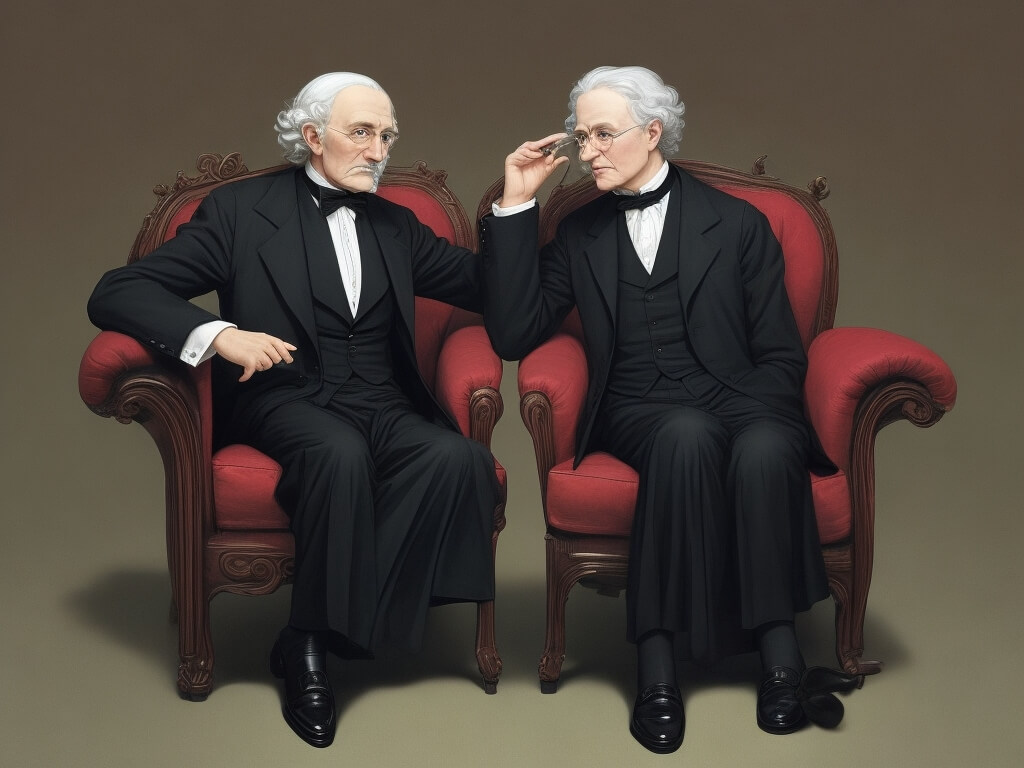What does egoism mean? What is the historical background of egoism? Dive into the world of egoism with our comprehensive guide. Uncover the nuances, ethical implications, and philosophical perspectives surrounding self-interest. A deep exploration into the complexities of egoism awaits.

EGOISM, is a theory of human nature that may be stated in psychological terms (each person seeks to promote his own good) or in ethical terms (each person ought to promote his own good). Egoism stands in contrast to altruism, which also has a psychological form (each person seeks to promote the good of others) and an ethical form (each person ought to promote the good of others). Egoism should be distinguished from egotism, which means vanity.
Historical Background
Egoism is compatible with a variety of views about what is good. Historically, however, it has been closely associated with various forms of hedonism, which defines the good as pleasure in some form. The roots of egoism lie, therefore, in Greek thought, particularly in the individualism, subjectivism, and relativism of Sophist thought and in the hedonist doctrines of the Cyrenaics and Epicureans. In classical and in Christian thought, no major philosophical conflict was seen between egoism and altruism, because no sharp distinctions were drawn between the good for an individual, the good of the natural and social orders, and, simply, the good.
Hobbes
It was Thomas Hobbes, in the 17th century, who first raised the problem of a conflict between egoism and altruism. He rejected the Platonic, Aristotelian, and Christian idea that the good for each individual coincides with the pursuit of the highest good, and claimed that all human action is motivated by the will to self-preservation and to power over others. According to Hobbes, even actions that seem altruistic are always motivated by some underlying egoism. Hobbes’ view of human nature was accepted by Bernard Mandeville, La Rochefoucauld, the French Encyclopedists, and by many 20th century psychologists, particularly Freud and his followers.

Responses to Hobbes
Attempts to answer Hobbes gave rise to the “selfishness controversy” beginning in the 18th century. Replies to Hobbes followed three main lines. One, initiated by Richard Cumberland , accepted psychological egoism but said that ethical altruism is one of the chief means by which man advances his own good, a view developed later by the utilitarians Jeremy Bentham and John Stuart Mill. A second response to Hobbes’ egoism (also initiated by Cumberland, and defended by Thomas Reid and Richard Price, among others), said that ethical altruism can be known by reason to be as natural to man as psychological egoism. The third response to Hobbes, by Shaftesbury, Francis Hutcheson, David Hume, Adam Smith, and others said that since psychological altruism is true and psychological egoism is false, ethical altruism is a better theory than ethical egoism.
Modern Attitudes
Henry Sidgwick, writing in the late 19th century, was the first ethical analyst in the contemporary sense. He argued that there is no logical transition from psychological facts alone to normative ethical conclusions. Both ethical altruism and ethical egoism rest upon intuition, are logically independent, and are irreconcilable without some appeal to theology.
The development of analytical attitudes and techniques has led in two different but related directions. Some contemporary writers argue that when the concepts are clarified, it can be shown that ethical egoism is faulty on logical or ethical grounds. Others, however, tend to see the history of egoism as a history of confusion, and they have set out to clarify the issues by locating the problem in the nature of language.
mavi